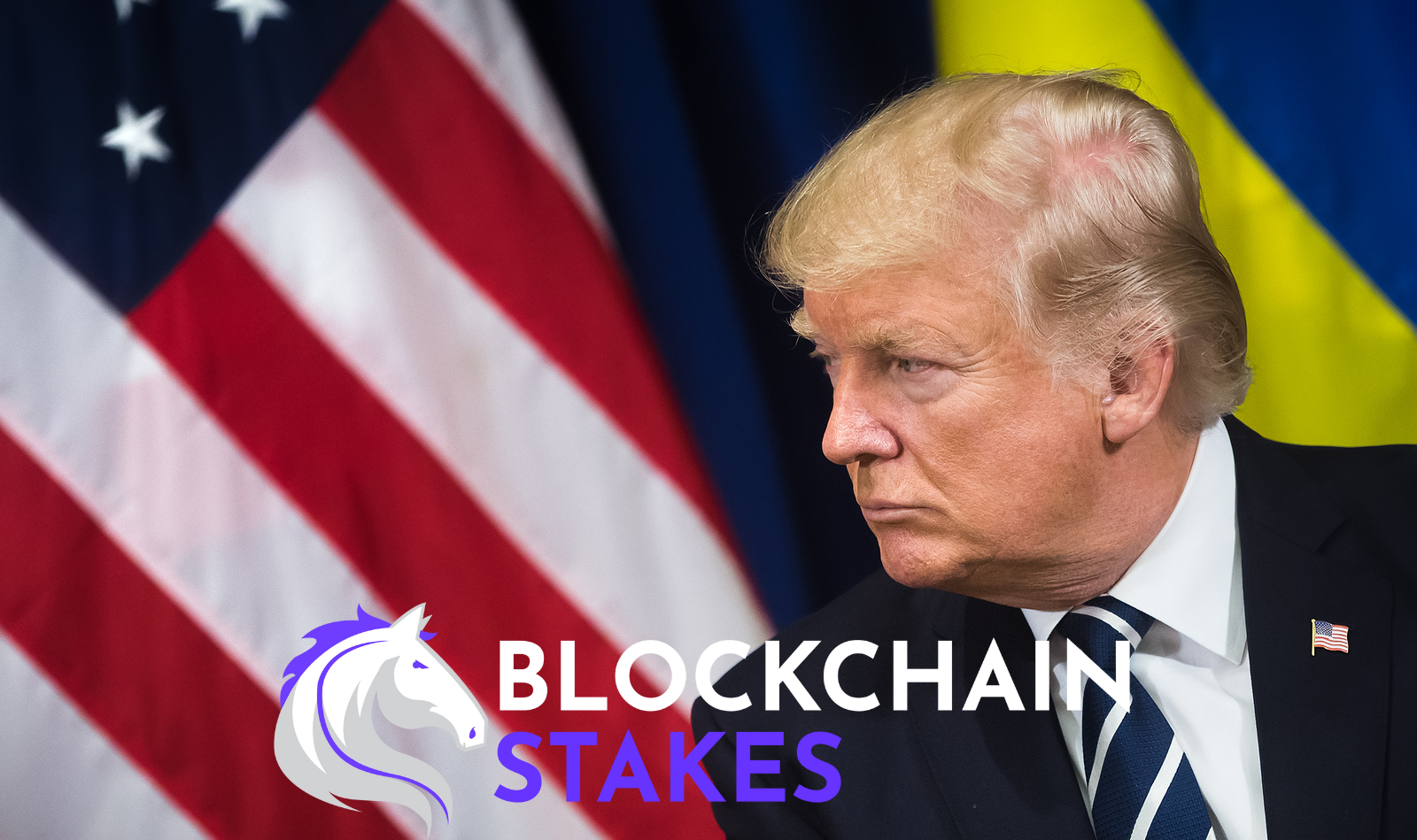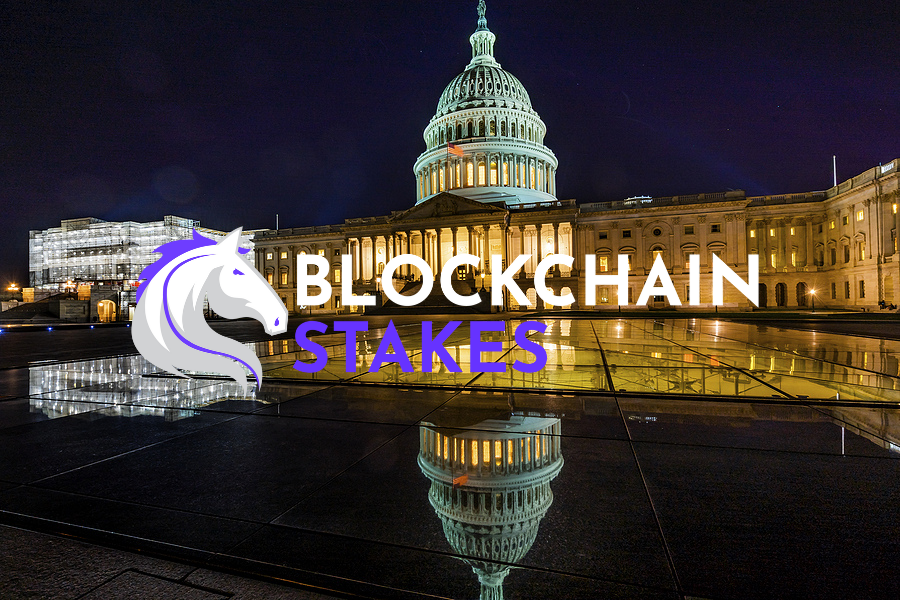Donald Trump’s return to the White House has sparked a wave of speculation about how his administration plans to reshape key sectors of the economy. Among the most discussed topics is his bold and ambitious agenda to prioritize cryptocurrency through executive action. This article explores Trump’s proposed crypto policies, their immediate effects on the market, and what they could mean for the long-term future of digital assets in the United States.
Making Cryptocurrency a National Priority
One of Trump’s first executive orders is expected to designate cryptocurrency as a national priority. This move would compel government agencies to work closely with the crypto industry, offering a stark contrast to the regulatory uncertainty of recent years. By making cryptocurrency a federal priority, Trump aims to:
- Provide regulatory clarity: Unclear regulations have long been a major hurdle for the crypto industry. Designating cryptocurrency as a national priority would streamline regulatory processes, encouraging innovation and reducing compliance burdens.
- Boost global competitiveness: By fostering a crypto-friendly environment, the U.S. could position itself as a global leader in blockchain technology and digital assets, attracting businesses and investors from around the world.
- Strengthen financial security: Advocates argue that promoting cryptocurrency aligns with national interests, particularly as digital assets gain traction as alternative stores of value.
This initiative could inject much-needed confidence into the market, signaling that the U.S. government is ready to embrace the potential of blockchain technology.
Establishing a Crypto Advisory Council
To ensure that policy decisions reflect the needs of the industry, Trump plans to establish a crypto advisory council. This body would consist of industry leaders, policymakers, and technologists tasked with:
- Advocating for the industry’s priorities: The council would provide recommendations on how to foster growth and innovation within the sector.
- Bridging the gap between government and industry: By facilitating open communication, the council could reduce misunderstandings and promote collaboration.
- Advising on global trends: The council could help the U.S. stay ahead of international competitors by monitoring developments in other countries.
The establishment of such a council would mark a significant departure from the adversarial stance many regulators have taken toward crypto in the past. This collaborative approach could lead to more informed and effective policymaking.
Reviewing and Halting Litigation Against Crypto Companies
Another critical component of Trump’s crypto agenda involves directing government agencies to review and potentially suspend litigation against crypto companies. Under the Biden administration, many companies faced lawsuits and enforcement actions, often citing a lack of compliance with ambiguous regulations.
Halting these litigations would:
- Provide breathing room for companies: By reducing the immediate threat of legal action, companies can focus on innovation and development.
- Encourage investment: The suspension of litigation could reassure investors, leading to an influx of capital into the industry.
- Promote innovation: With fewer legal hurdles, startups and established players alike could accelerate the deployment of new technologies.
While this policy could face legal and political challenges, it represents a significant shift toward a more supportive regulatory environment.
Exploring a National Strategic Bitcoin Reserve
Perhaps the most groundbreaking aspect of Trump’s crypto plan is the proposed creation of a national strategic Bitcoin reserve. Although discussions about its implementation are ongoing, the concept has already generated considerable excitement and debate.
Potential Benefits of a Strategic Bitcoin Reserve
- Price Surge: The announcement of a government-backed Bitcoin reserve has already driven prices to record highs, with Bitcoin briefly surpassing $108,000. Accumulating a significant amount of Bitcoin would likely reduce its circulating supply, further increasing its value.
- Market Legitimacy: A U.S. government-backed Bitcoin reserve would lend unprecedented legitimacy to the cryptocurrency, potentially attracting more institutional and retail investors.
- Global Financial Influence: A large U.S. stake in Bitcoin could discourage other countries from using it as an alternative to the U.S. dollar, strengthening the country’s influence in the global financial system.
Challenges and Criticisms
However, the proposal is not without its critics. Concerns include:
- Market Volatility: Government involvement could introduce new forms of volatility, especially if large-scale purchases or sales occur.
- Taxpayer Risk: Critics argue that a government Bitcoin reserve could expose taxpayers to financial risks if prices plummet.
- Centralization Concerns: Some worry that concentrating large amounts of Bitcoin in government hands could undermine its decentralized ethos.
Despite these challenges, the idea of a national strategic Bitcoin reserve underscores the administration’s commitment to embracing digital assets.
Reversing Biden-Era Policies
Trump’s crypto agenda also includes overturning key policies established during the Biden administration. One notable target is the Staff Accounting Bulletin 121 (SAB 121), which imposed stringent accounting standards on companies holding crypto assets. Repealing such measures would:
- Ease operational burdens: Companies would face fewer hurdles in managing crypto assets, encouraging broader adoption.
- Attract more players: A less restrictive environment could entice more businesses to enter the crypto space.
- Foster innovation: Loosening regulations could spur the development of new technologies and business models.
This rollback of restrictive policies is expected to boost market sentiment and encourage growth across the industry.
Addressing “De-Banking”
“De-banking,” or the practice of denying banking services to crypto businesses, has been a persistent issue. Trump’s executive order aims to address this problem, making it easier for crypto companies to access financial services. This initiative could:
- Increase operational stability: Reliable access to banking services would enable crypto companies to operate more efficiently.
- Enhance market liquidity: Easier access to financial services could improve liquidity across the crypto market.
- Encourage innovation: By removing barriers to financial access, startups could allocate more resources toward development and growth.
This policy would likely be welcomed by industry participants, who have long struggled with the challenges posed by de-banking.
Immediate Market Reactions
The anticipation of Trump’s crypto-friendly policies has already had a noticeable impact on the market:
- Bitcoin Rally: Prices have surged, with Bitcoin reaching over $102,000 as investors anticipate increased demand and reduced regulatory pressures.
- Altcoin Growth: Other cryptocurrencies, including Litecoin and XRP, have seen double-digit gains, reflecting broader market optimism.
- Stock Market Effects: Shares of crypto-related companies like Coinbase and Robinhood have also experienced notable premarket gains.
These trends suggest that the market is responding positively to the prospect of a more supportive regulatory environment.
Long-Term Implications
While the immediate effects of Trump’s policies are promising, their long-term impact will depend on several factors:
- Implementation Challenges: Executive orders are subject to checks and balances, and some policies may face legal or political hurdles.
- Global Dynamics: The U.S.’s actions could influence other countries’ approaches to crypto regulation, shaping the global market.
- Technological Advancements: A supportive environment could accelerate innovation, leading to new applications and use cases for blockchain technology.
If successfully implemented, these policies could position the U.S. as a leader in the crypto space, driving growth and innovation for years to come.
Conclusion
Donald Trump’s immediate crypto goals represent a transformative vision for the industry. By making cryptocurrency a national priority, establishing a crypto advisory council, halting litigation, and exploring a national strategic Bitcoin reserve, his administration aims to create a more supportive and innovative environment for digital assets. While challenges remain, the potential benefits of these policies could reshape the market, attract investment, and cement the U.S.’s position as a global leader in the crypto space. Investors and industry participants alike will be watching closely as these initiatives unfold, eager to see how they will shape the future of cryptocurrency.















